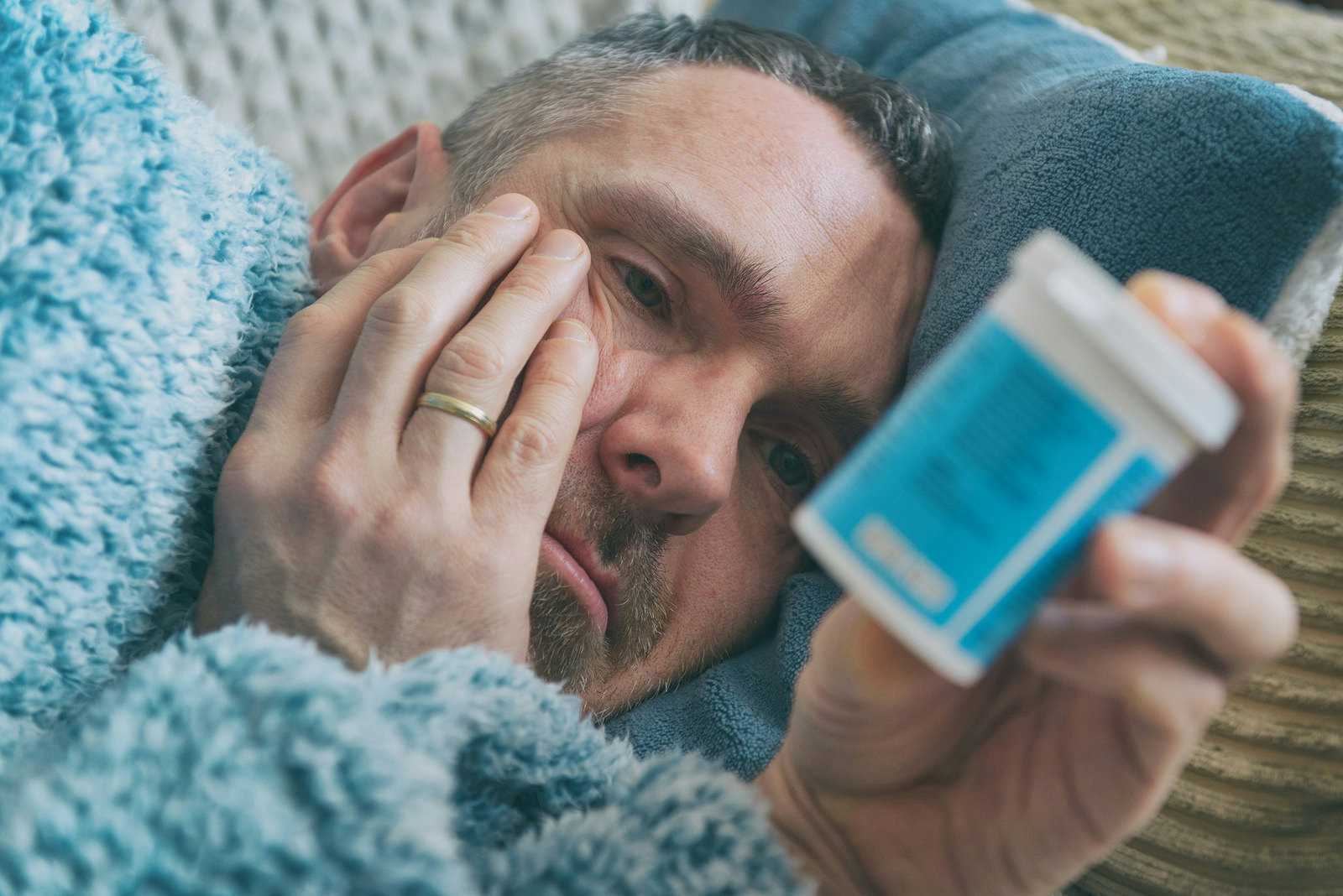
Americans are depressed. According to our calculations, roughly 40 million people are taking antidepressant medications. The CDC concludes that’s 12.7% of people over 12 years of age (NCHS Data Brief No. 283, Aug. 2017). Every year, they fill more than 200 million prescriptions for drugs for depression like sertraline, trazodone, citalopram, escitalopram, bupropion, fluoxetine, duloxetine, paroxetine and venlafaxine. If you multiply 200 million times 30 pills in a bottle, that equals 6 billion pills annually. Could cognitive behavioral therapy (CBT) be as good as or better than drugs for depression?
Why Do Doctors and Insurance Companies Like Drugs for Depression?
For decades, antidepressants have been the standard of care for people with depression. Insurance companies are usually comfortable paying for such drugs, especially when generic versions of Prozac, Paxil, Zoloft, Effexor, Cymbalta, Celexa and Lexapro are available at relatively low cost. Instead of paying $140 to $290 for a 45 minute CBT counseling session, a month’s supply of fluoxetine or sertraline is only $4 to $8.
Primary care providers also like antidepressants. Most are not trained in psychotherapy. And they do not have time to spend 45 minutes talking with depressed patients. Writing a prescription for bupropion or citalopram takes a few minutes at most.
CBT (Cognitive Behavioral Therapy) vs. Drugs for Depression:
Because antidepressant medications seem like a simple solution for people who are severely depressed, psychotherapy has become a bit of a dinosaur. As a result, medications have largely displaced older approaches such as talk therapy.
However, a new analysis published in the Annals of Internal Medicine (Oct. 29, 2019) shows that cognitive behavior therapy (CBT), while more expensive to start with, actually saves money after five years. The authors note that medications and cognitive behavioral therapy are about equal in effectiveness.
The authors of this study state that:
“…for payers and policymakers, our results highlight the potential for long-term cost savings with CBT. Although not statistically significant, our base-case analysis projected an $1800 lower health care sector cost per patient treated with CBT at 5 years.”
They conclude their research analysis with this:
“In the absence of clear superiority of either treatment, shared decision making incorporating patient preferences is critical. Given many patients’ preference for psychotherapy over pharmacotherapy, efforts to improve patients’ access to CBT are warranted.”
In other words, payers, policy makers and clinicians should consider the patients’ values and preferences in determining the best therapeutic approach for major depression.
One More Thing About Drugs for Depression:
This new comparison of cognitive behavioral therapy vs. drugs for depression did not take into account antidepressant pros and cons. These drugs do not work for everyone. In fact, some studies suggest that they are barely better than placebo.
A government-sponsored trial called STAR*D (Sequenced Treatment Alternatives to Relieve Depression) was one of the best funded ($35 million) and most carefully conducted trials of drugs for depression. The results were discouraging. Only about one out of four depressed patients actually recovered after taking the first medication prescribed (New England Journal of Medicine, March 23, 2006).
Other analyses conclude that drugs for depression work about 50% of the time, whereas placebos are effective on average between 31 to 45% of the time (Walsh et al, JAMA, April 10, 2002; Stolk et al, Annals of Pharmacotherapy, Dec. 2003). Not a huge difference, eh?
Antidepressants and Side Effects:
Drugs for depression are not without side effects. People may complain about nausea, abdominal pain, dry mouth, insomnia, anxiety, tremor, dizziness, sweating, headache, sexual dysfunction, skin reactions and even suicidal thoughts. Getting off antidepressants can also be challenging. Here is a link to an article on this topic.
Antidepressant Withdrawal Feels Like Circles of Hell
We recognize that some people do extremely well on drugs for depression. Here is an overview you may find of interest:
Balancing the Benefits and Risks of Antidepressants
People’s Pharmacy Perspective:
We think that people suffering from serious depression deserve choices. Many may opt for antidepressants like sertraline, escitalopram or fluoxetine. If these medications work without triggering unpleasant side effects, great.
Others might prefer CBT as an alternative. It is time for the American health care system to embrace psychotherapy as a viable option and be willing to pay for it. Sadly, we don’t have enough qualified therapists to offer CBT to everyone who would like it. That needs to change!
Share your thoughts about drugs for depression and cognitive behavioral therapy in the comment section below. Check out our guide to Dealing with Depression. You can also listen to our free interview on “Intriguing Approaches to Overcoming Depression.” Click on the green arrow under the photo of Dr. Elizabeth Ballard.
Citations
- Ross, E.L., et al, "The Cost-Effectiveness of Cognitive Behavioral Therapy Versus Second-Generation Antidepressants for Initial Treatment of Major Depressive Disorder in the United States: A Decision Analytic Model," Annals of Internal Medicine, Oct. 29, 2019, DOI: 10.7326/M18-1480
- Stoik, P., et al, "Meta-analysis of placebo rates in major depressive disorder trials," Annals of Pharmacotherapy, Dec. 2003, DOI: 10.1345/aph.1D172
- Kirsch, I., et al, "Initial severity and antidepressant benefits: a meta-analysis of data submitted to the Food and Drug Administration," PLoS Medicine, Feb. 2008, doi: 10.1371/journal.pmed.0050045

